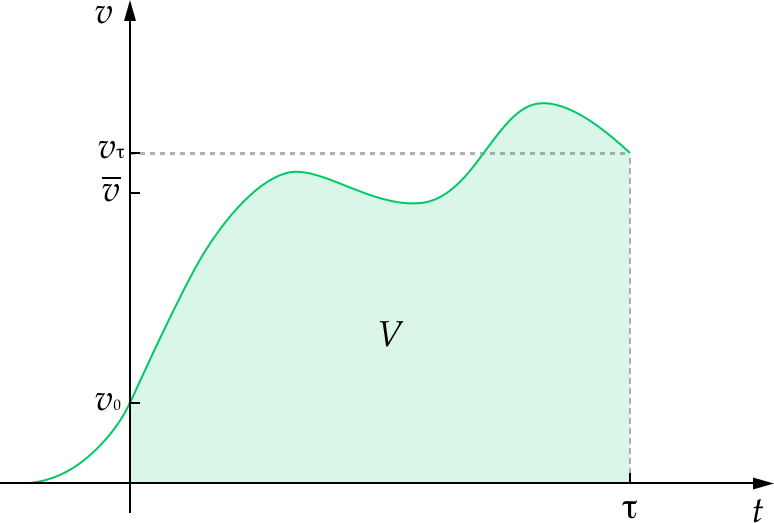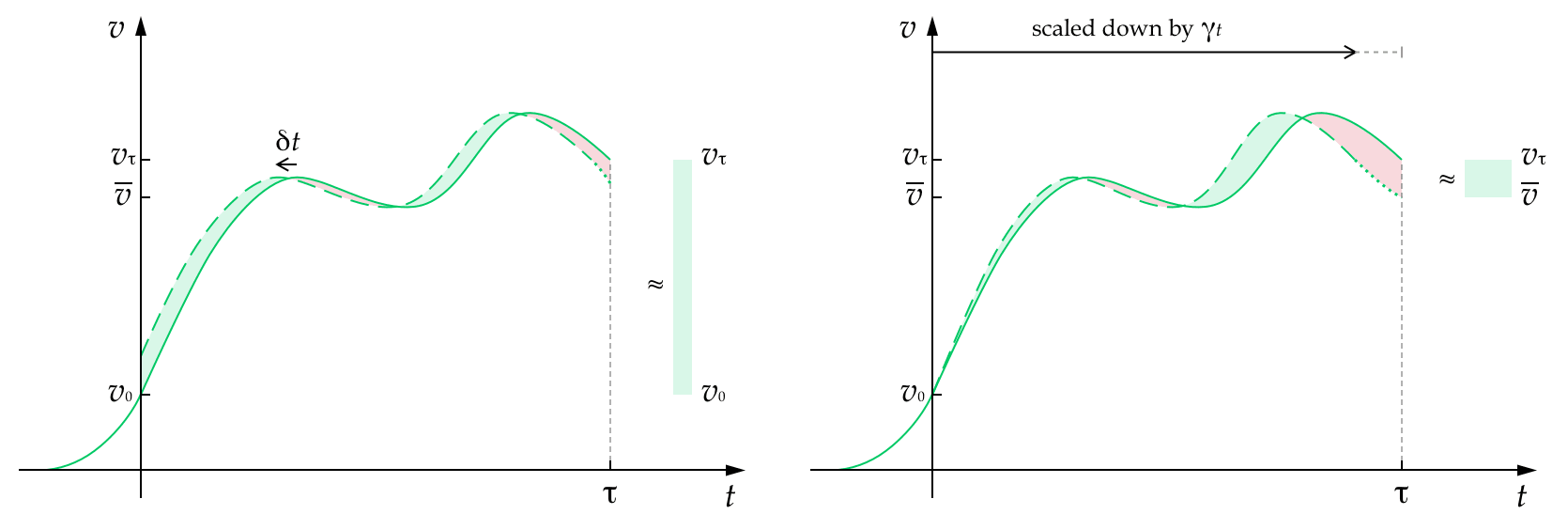Since writing The Precipice, one of my aims has been to better understand how reducing existential risk compares with other ways of influencing the longterm future. Helping avert a catastrophe can have profound value due to the way that the short-run effects of our actions can have a systematic influence on the long-run future. But it isn't the only way that could happen.
For example, if we advanced human progress by a year, perhaps we should expect to see us reach each subsequent milestone a year earlier. And if things are generally becoming better over time, then this may make all years across the whole future better on average.
I've developed a clean mathematical framework in which possibilities like this can be made precise, the assumptions behind them can be clearly stated, and their value can be compared.
The starting point is the longterm trajectory of humanity, understood as how the instantaneous value of humanity unfolds over time. In this framework, the value of our future is equal to the area under this curve and the value of altering our trajectory is equal to the area between the original curve and the altered curve.

This allows us to compare the value of reducing existential risk to other ways our actions might improve the longterm future, such as improving the values that guide humanity, or advancing progress.
Ultimately, I draw out and name 4 idealised ways our short-term actions could change the longterm trajectory:
- advancements
- speed-ups
- gains
- enhancements
And I show how these compare to each other, and to reducing existential risk.

My hope is that this framework, and this categorisation of some of the key ways we might hope to shape the longterm future, can improve our thinking about longtermism.
Some upshots of the work:
- Some ways of altering our trajectory only scale with humanity's duration or its average value — but not both. There is a serious advantage to those that scale with both: speed-ups, enhancements, and reducing existential risk.
- When people talk about 'speed-ups', they are often conflating two different concepts. I disentangle these into advancements and speed-ups, showing that we mainly have advancements in mind, but that true speed-ups may yet be possible.
- The value of advancements and speed-ups depends crucially on whether they also bring forward the end of humanity. When they do, they have negative value.
- It is hard for pure advancements to compete with reducing existential risk as their value turns out not to scale with the duration of humanity's future. Advancements are competitive in outcomes where value increases exponentially up until the end time, but this isn't likely over the very long run. Work on creating longterm value via advancing progress is most likely to compete with reducing risk if the focus is on increasing the relative progress of some areas over others, in order to make a more radical change to the trajectory.
The work is appearing as a chapter for the forthcoming book, Essays on Longtermism, but as of today, you can also read it online here.

To be clear, I don't think that most things are longtermist interventions with these permanent impacts (and most things aren't trying to be).
Clearly some thing have had lasting effects. e.g. there were no electrical household items before the 19th century, and now they are ubiquitous and quite possibly will be with us as long as humanity lasts. Whereas if humanity had never electrified, the present would be very different.
That said, it is also useful to ask about the counterfactuals. e.g. if Maxwell or Edison or any other pioneer hadn't made their discoveries, how different would we expect 2024 to be? In this case, it is less clear as someone else probably would have made these discoveries later. But then discoveries that build on them would have been delayed etc. I doubt that the counterfactual impact of Maxwell goes to zero until such a point as practically everything has been discovered (or everything downstream of electromagnetism). That said, it could easily have diminishing impact over time, as is typical of advancements (their impact does not scale with humanity's duration).
But note that the paper actually doesn't claim that a particular invention or discovery acts as an advancement. It suggests it is a possible model of the longterm impacts of things like that. One reason I bring it up is that it shows that even if it was a permanent advancement, then under a wide set of circumstances, it would still be beaten by reducing existential risk. And even if attempts to advance progress really were lasting advancements, the value could be negative if they also bring forward the end time.
I would love it if there was more investigation of the empirical measurement of such lasting effects, though it is outside of my field(s).